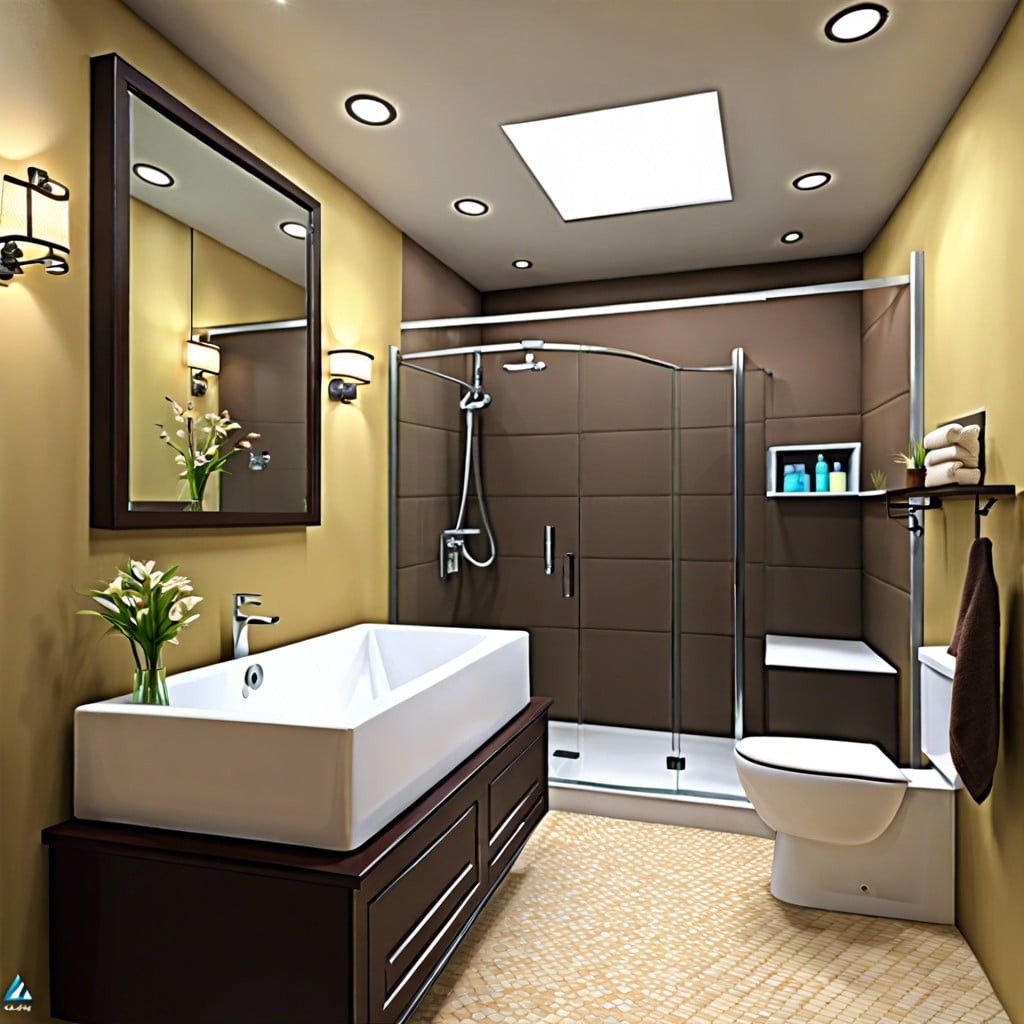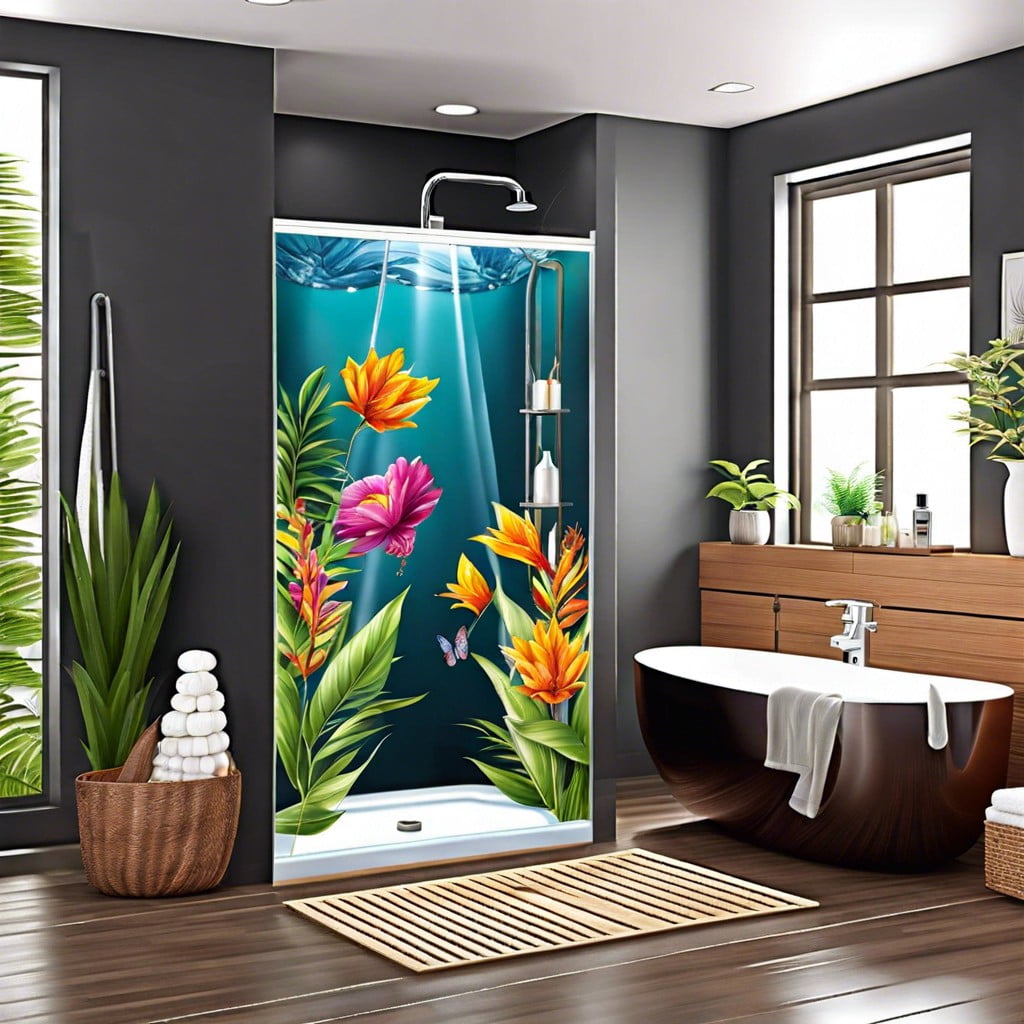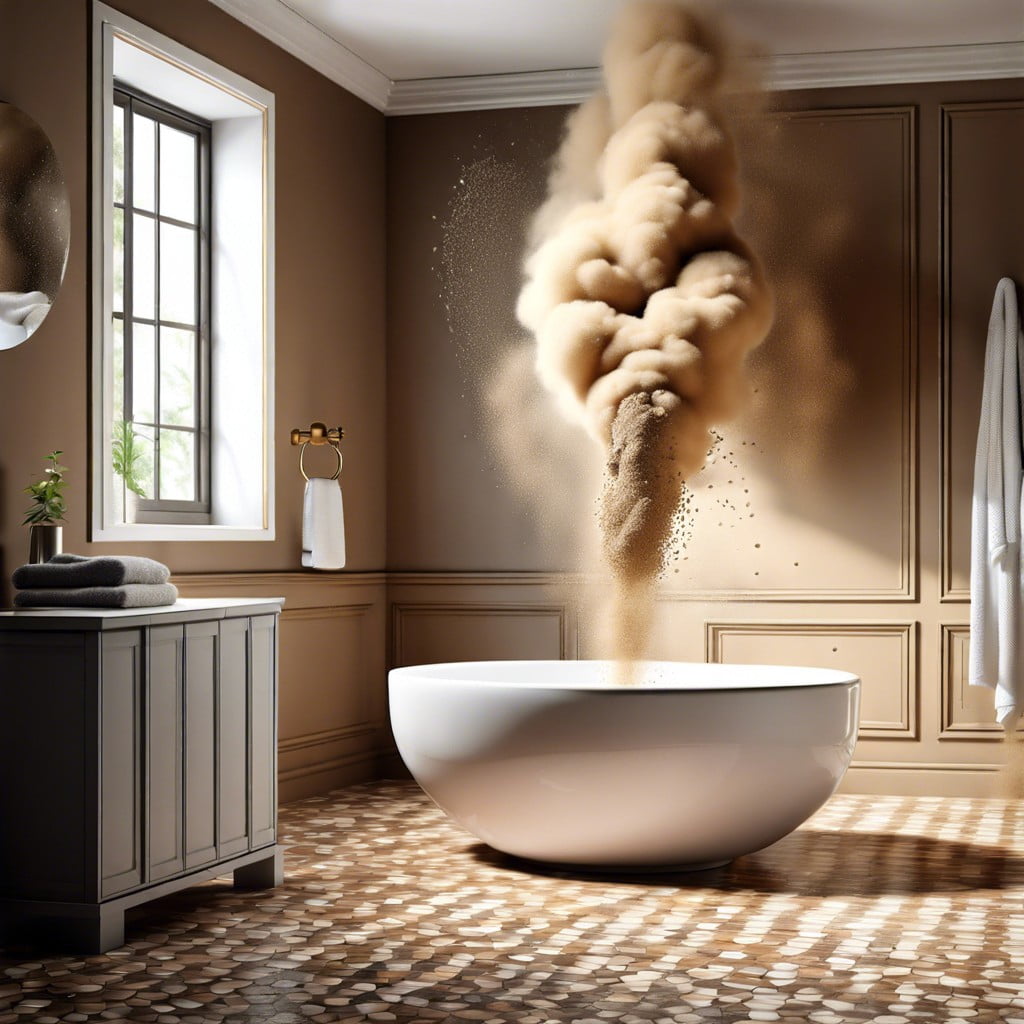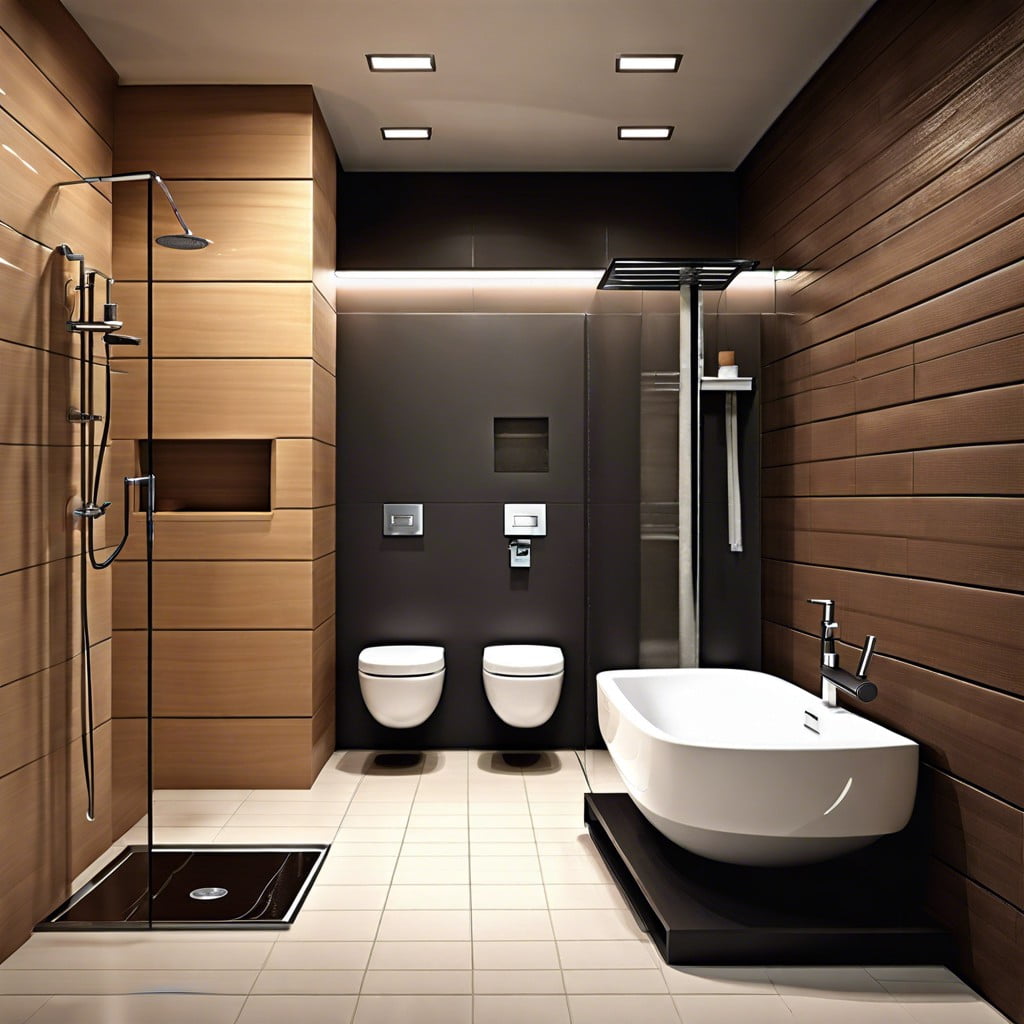Last updated on
Relaxation is not merely an option; it’s a vital component of a healthy and balanced lifestyle. Although we often regard relaxation as a luxury, seldom do we realize its profound impact on our overall well-being. Stress and tension, if left unchecked, can lead to a myriad of health issues ranging from insomnia and fatigue to chronic ailments such as heart disease.
As such, embracing relaxation techniques is not just about treating ourselves to occasional moments of calm, but also about preserving our physical, mental, and emotional health. In the following sections, we will explore a variety of relaxation methods that can be easily incorporated into your daily routine, thereby helping you lead a more fulfilled and healthier life.
Progressive Muscle Relaxation and Massages
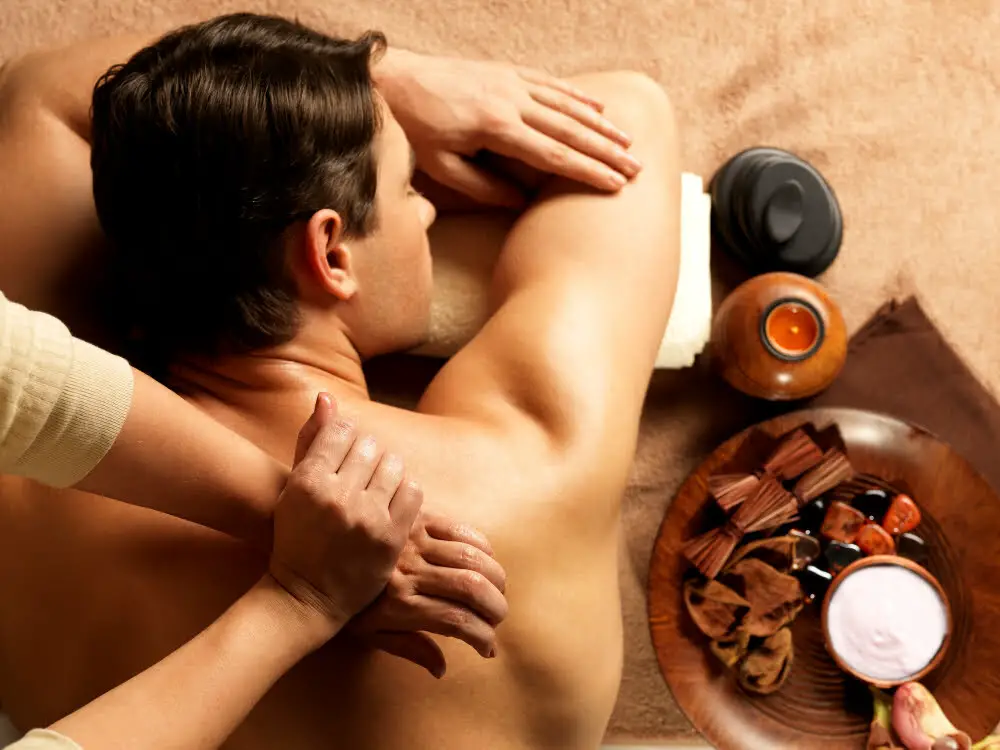
When practiced regularly, this technique can significantly reduce anxiety and promote a sense of rejuvenation. While you can practice progressive muscle relaxation on your own, many people find that massages provide an effective way to relax their muscles as well as release built-up tension from the body. Massages also help to improve blood circulation and loosen tight muscles, resulting in a more balanced feeling of relaxation.
And if going to massages a couple of times a week seems like a lot of time to set aside, opting for zero gravity massage chairs on this website or even handheld massagers can be a great way to enjoy some of the same benefits. Especially for those living with chronic pain, massage chairs offer an effective and convenient solution.
Mindfulness Meditation
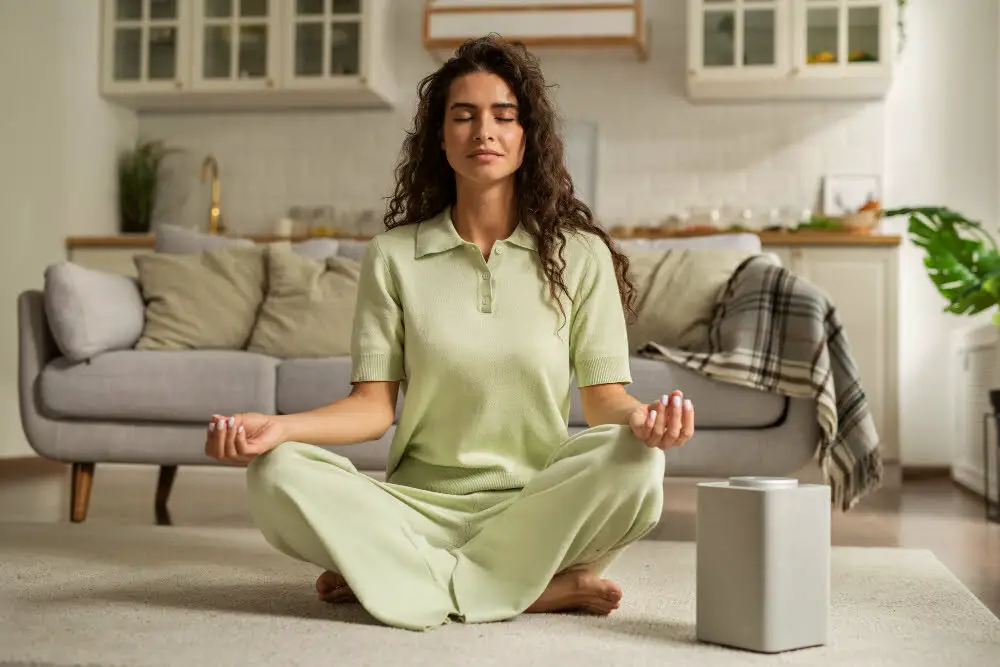
It can help reduce stress, anxiety, and negative emotions, promote relaxation, improve physical health, and enhance overall well-being. Mindfulness meditation can be practiced in a variety of ways, including breathing exercises, body scans, walking meditations, and guided visualizations.
It is also popularly used as part of yoga classes or group therapy sessions. Even just five minutes of mindfulness meditation a day can make a big difference in your life.
Additionally, to further promote relaxation, you can create an atmosphere conducive to meditation by setting aside a space in your home specifically for practicing. This spot can be decorated with candles, plants, and comfortable seating – whatever helps you to feel at ease.
Deep Breathing
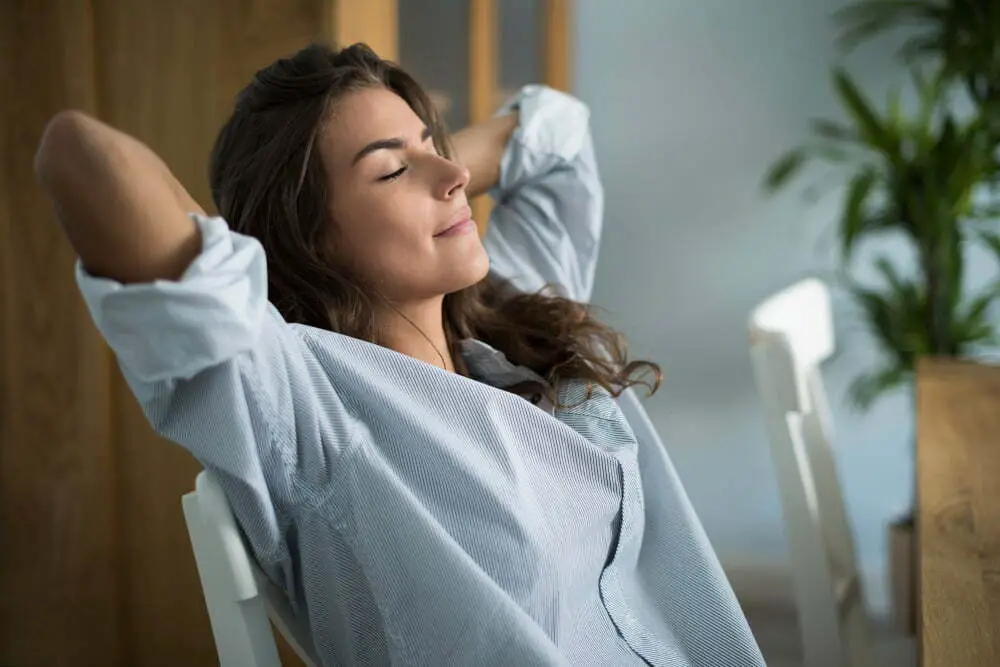
Deep breathing stimulates the body’s relaxation response, slowing the heart rate and lowering blood pressure. It’s an easy, quick way to achieve instant calm. A simple deep breathing exercise can be done anywhere and takes only a few minutes of your time.
Start by finding a comfortable position and taking several deep breaths in and out through the nose. Focus on how your breath feels as it moves through your body, noticing any areas of tension or tightness.
Once you feel relaxed, take some time to reflect on the present moment and the positive aspects of life. This will help to promote a feeling of peace and tranquility and gradually reduce stress levels.
Yoga and Tai Chi
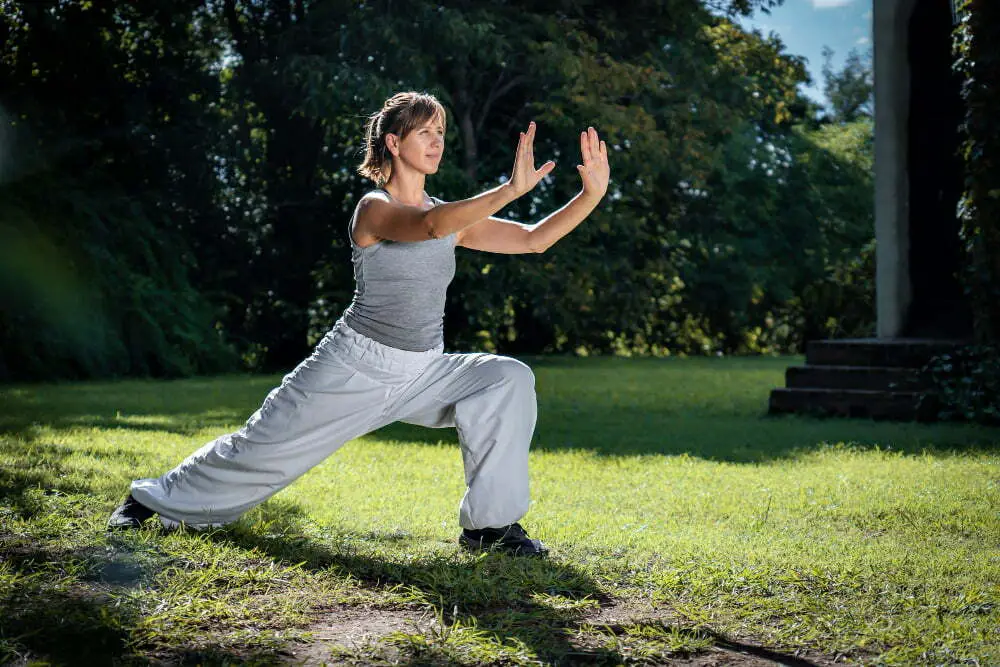
These ancient practices combine deep breathing, meditation, and movement, promoting mental clarity, physical stamina, and relaxation. Both yoga and tai chi have been found to be effective stress reducers, helping to improve mood and alleviate symptoms of depression.
Moreover, regular practice can reduce tension levels in the body, as well as improve flexibility and balance. Whether you choose to attend a class or practice at home with instructional videos, both yoga and tai chi are great ways to incorporate relaxation into your lifestyle.
Aromatherapy
Certain scents, like lavender and chamomile, are known for their calming effects. Aromatherapy can be practiced with essential oils, scented candles, or incense. Surrounding yourself with gentle, soothing aromas can help to soothe the mind and reduce stress.
Additionally, most essential oils also possess healing properties that can be beneficial for physical ailments such as headaches and muscle aches. To take advantage of the therapeutic effects of aromatherapy without having to purchase any special products, simply find a quiet spot in your home or garden and take some time to enjoy the natural fragrances of plants and flowers.
Physical Activity
Regular exercise is a powerful stress-buster. It not only improves your physical health but also enhances mood and promotes relaxation. Taking a daily walk in nature or going for a swim can be an effective way to reduce stress and clear your mind. As you exercise, focus on the sensation of your body moving and take deep breaths as a form of meditation.
This will help you to stay present in the moment and tap into feelings of contentment. An added bonus is that regular physical activity can also boost your confidence and self-esteem, making it easier to cope with stress when it does arise.
No matter what relaxation techniques you choose to incorporate into your lifestyle, always remember that they are an essential part of self-care. Set aside some time each day for yourself – even just a few minutes – so that you can relax and unwind.
Taking care of your body and mind now will pay off in the long run, leading to a healthier, more fulfilled life. With regular practice of relaxation techniques, you may experience an increase in energy levels as well as improved concentration and creativity.
Relaxation helps to create a balance between work and leisure, making it easier to stay productive without feeling overwhelmed. Not only does this help reduce stress, but it also enhances your overall sense of well-being.
Recap
